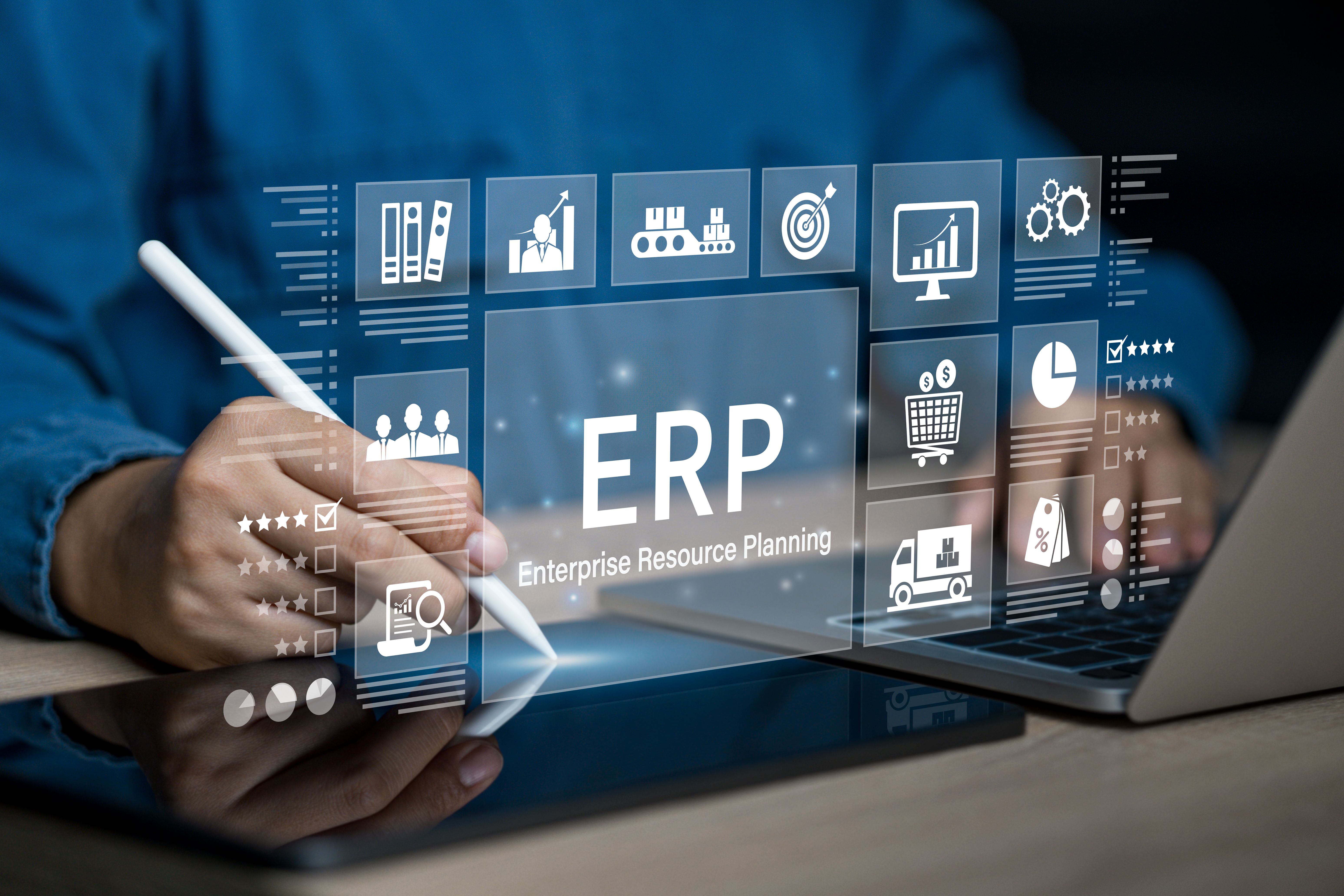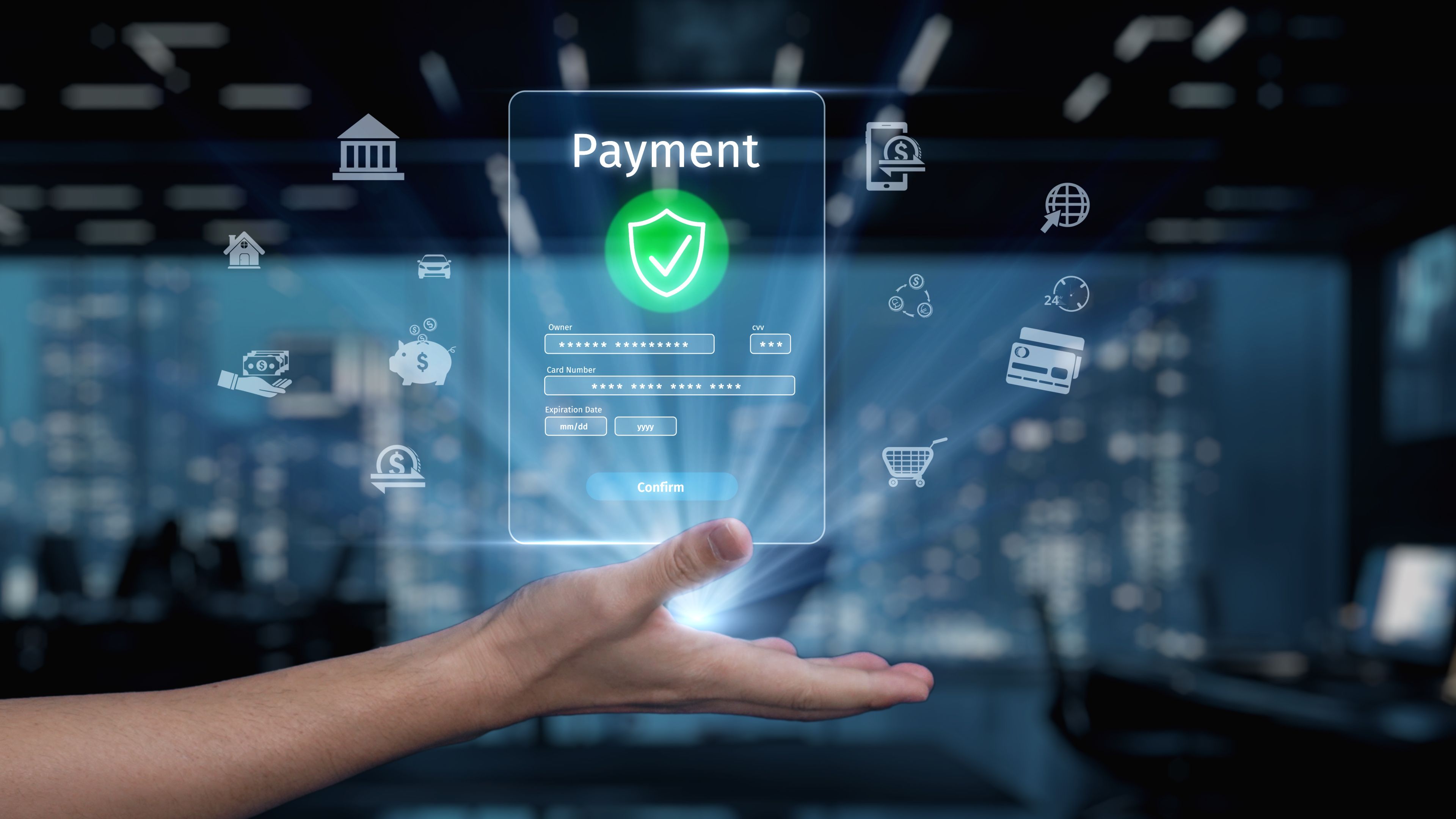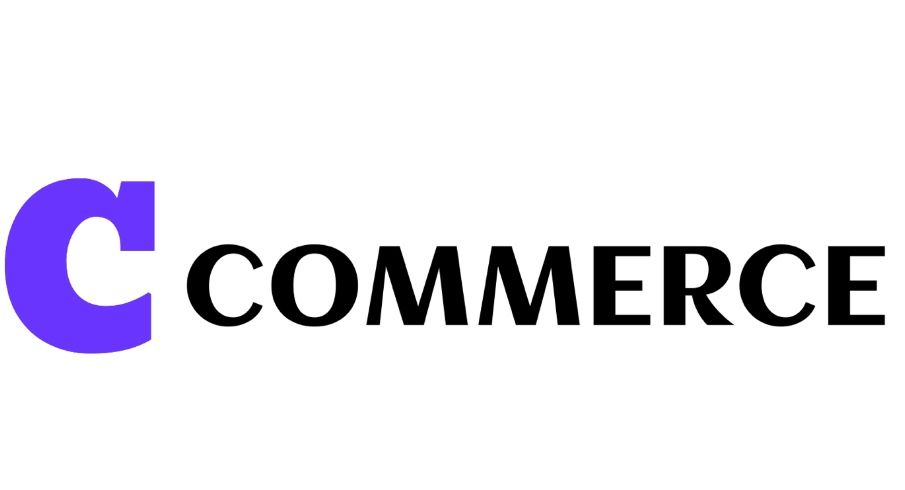Navigating ERP Commerce POS Systems: A Comprehensive Guide
DL
In today's fast-paced business environment, integrating systems for efficiency and accuracy is more crucial than ever. One combination that has become increasingly popular is the integration of Enterprise Resource Planning (ERP) systems with Commerce Point of Sale (POS) systems. This integration can streamline operations, enhance customer experiences, and provide valuable insights for businesses. But navigating this complex landscape can be challenging. This guide aims to demystify the process and help you make informed decisions.
Understanding ERP Systems
ERP systems are comprehensive software platforms used to manage and integrate the core processes of a business. They can handle everything from accounting and human resources to supply chain management. The primary benefit of an ERP system is its ability to provide a unified, real-time view of business processes, allowing for more informed decision-making. By integrating various business functions, ERP systems help eliminate data silos and foster collaboration across departments.

Key Features of ERP Systems
ERP systems come with a variety of features designed to enhance business operations. These typically include:
- Financial Management: Automated financial processes and reporting tools.
- Inventory Management: Real-time tracking of stock levels and orders.
- Customer Relationship Management (CRM): Comprehensive customer data management.
- Human Resource Management: Tools for managing employee information and payroll.
The Role of POS Systems
POS systems are the backbone of retail and hospitality businesses, facilitating sales transactions and capturing valuable customer data. They play a crucial role in managing sales, inventory, and customer interactions at the point of purchase. Modern POS systems have evolved beyond simple cash registers to include features such as mobile payments, loyalty programs, and sales analytics.

Advantages of Integrating ERP and POS Systems
Integrating your ERP with a POS system can bring numerous benefits, including:
- Data Synchronization: Ensures that sales data is automatically updated in real-time across systems.
- Improved Inventory Management: Provides accurate inventory levels and helps prevent overstocking or stockouts.
- Enhanced Customer Experience: Enables personalized services and faster checkouts.
- Comprehensive Reporting: Offers detailed insights into sales patterns, customer preferences, and more.
Challenges in Integration
While the integration of ERP and POS systems offers many benefits, it is not without challenges. One of the primary hurdles is ensuring compatibility between different systems, as not all ERP and POS systems are designed to work seamlessly together. Additionally, the integration process can be complex and time-consuming, often requiring significant IT support and resources.

Choosing the Right Systems
When selecting ERP and POS systems for integration, it's important to consider factors such as scalability, ease of use, and vendor support. Ensure that both systems can grow with your business and have user-friendly interfaces that your staff can easily navigate. Additionally, robust support from vendors can make a significant difference in the integration process and ongoing maintenance.
In conclusion, the integration of ERP and POS systems can be a powerful tool for businesses looking to optimize operations and improve customer satisfaction. By understanding the benefits, challenges, and best practices for integration, businesses can make informed decisions and set themselves up for success in today's competitive marketplace.
